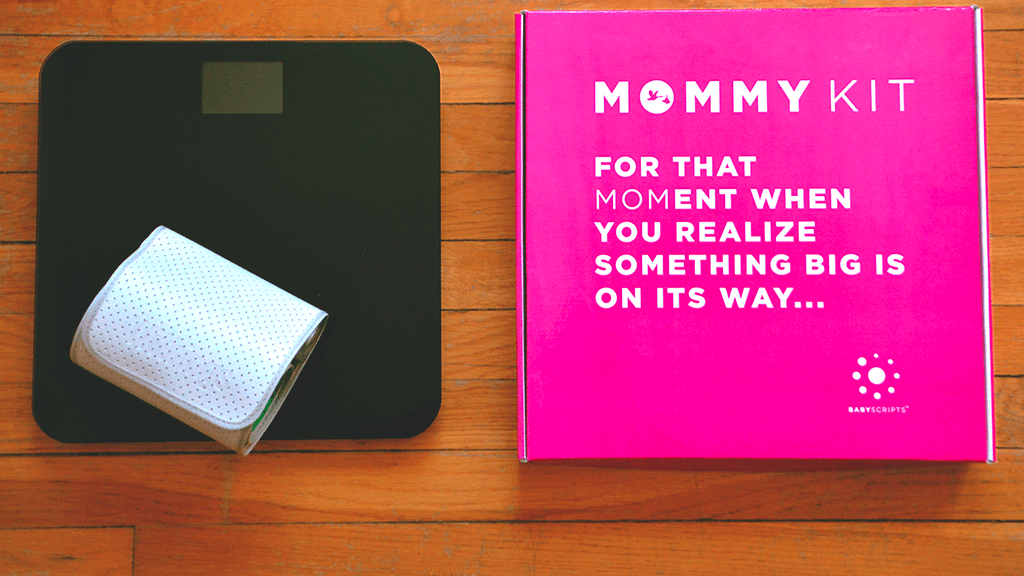Working closely with obstetricians from George Washington University School of Medicine, Segura and co-founder Anish Sebastian, former consultants at Deloitte, developed Babyscripts to wirelessly transmit pregnant women’s weight and blood pressure readings to their OBGYNs between visits, Medcity News writes (http://medcitynews.com/2017/03/digital-health-startup-seeks-prevent-pregnancy-complications/). Babyscripts’ algorithms detect abnormal readings and when they do, the app notifies the provider and the patient that they should schedule a visit.
Different aims
Babyscripts has somewhat different aims and target groups than most pregnancy apps. These allow women to track milestones but do not wirelessly share the data with their providers. Some examples are the Ovia Health app, patients can use to notify their OBGYNs of changes they’re tracking. Another one - Due Date Plus - offers a 24/7 nurse line. A third example: Text4Baby regularly sends pregnancy information to expectant women.
Also, Babyscripts off from the rest is that it markets to physicians rather than patients, targeting those who accept lump-sum “global” insurance coverage of $2,500 to $4,000 to cover an entire pregnancy. The connected devices and app allow women to skip some prenatal appointments, saving them time and hassle while lowering the practice’s costs. ‘Reduce the need for in office appointments and rethink how you run your practice today with Babyscripts,’ the health startup states as USP. “We’re the only company in this space that’s delivering clinical technology tools,” Segura said. “We’re deeply integrated into the provider workflow.”
Recent deals
3 year old Babyscripts is currently working with 10 health systems. Only recently it reached a deal with Florida Hospital’s Alliance and Innovation eXchange. They announced that Babyscripts and the eXchange would launch a program to help track high-risk pregnancies and mothers’ postpartum health. With Milwaukee-based Aurora Health, the company launched an AI-based text-messaging care plan for pregnant Medicaid recipients.
The company plans to add six more in the next month,. The company is also contemplating a move into pediatrics, to remotely track children’s health with there connected care instrument. “A lot of our health systems are deploying these devices as kind of a satisfaction tool and trying to understand how to do population health with having devices in the home already,” Segura concludes.

